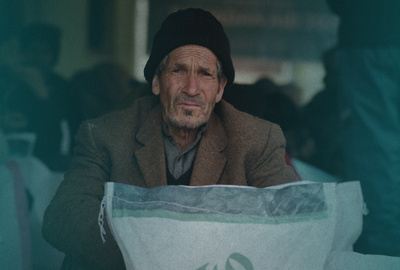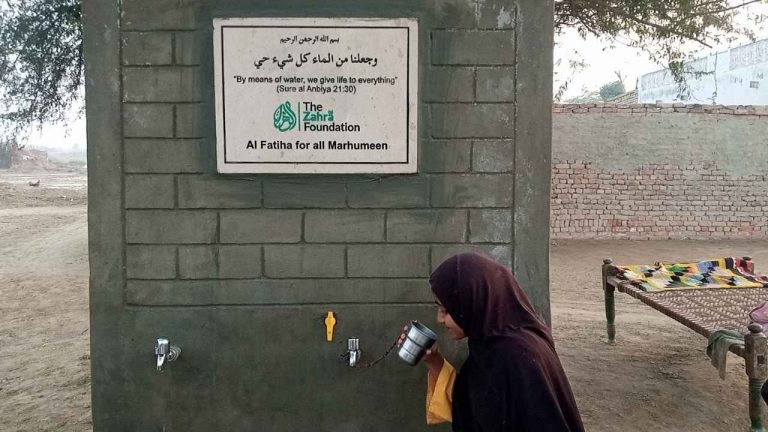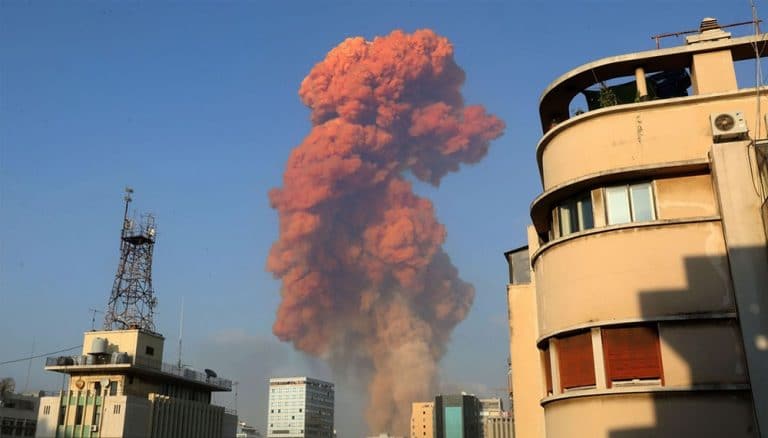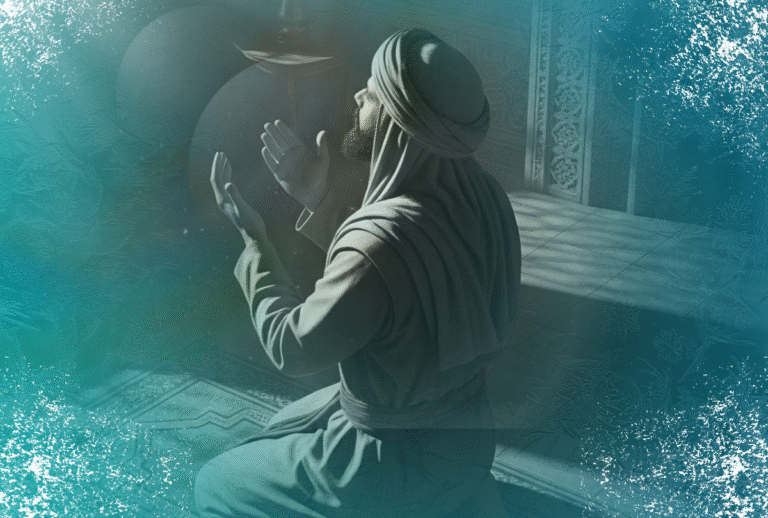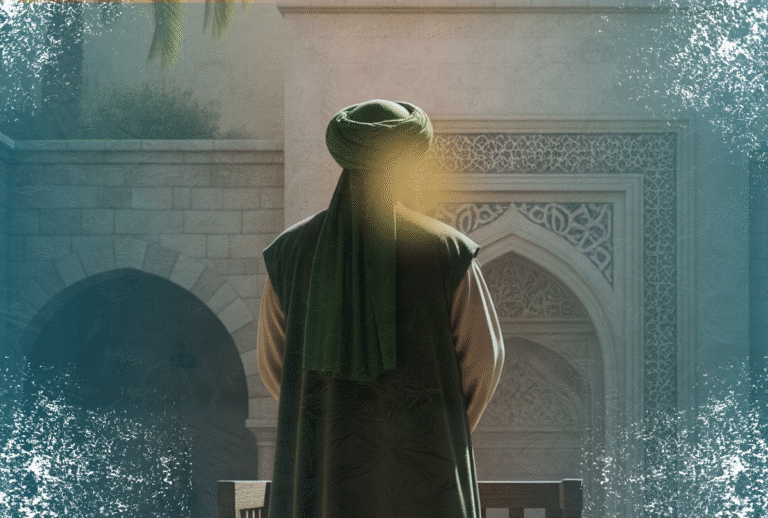5 Facts About Poverty in the World Today
Poverty is one of the most pressing issues of our time. It strips individuals and communities of dignity, hope, and opportunity.
As Muslims – and especially as followers of the Ahlulbayt (as) – we are taught to stand with the oppressed, care for the needy, and serve the vulnerable with compassion and justice.
Here are 5 facts about poverty every believer should know, and what we can do to help. .
1. More Than Just a Lack of Money
Poverty is more than just a lack of income or livelihood. It includes serious difficulties like malnutrition, limited access to education, social discrimination, lack of medical care, as well as restricted access to representation and decision-making.
It also affects physical health, mental wellbeing, education, and even access to justice.
Islam teaches us to look beyond the surface – to understand the full impact of hardship and offer support rooted in mercy and care.
2. 700 Million People
This is not just a number – it’s a wake-up call. Nearly 1 in 10 people on Earth live without enough resources to meet even their most basic daily needs. That includes food, clean water, and shelter.
As Muslims, we are taught that the best of people are those who benefit others. Let these numbers move us toward greater action, not indifference.
3. Children Suffer Most
One in six children worldwide live in poverty.
Poverty affects children the most severely. Many suffer without access to clean water, proper nutrition, or education. Some grow up without a safe home or medical care.
When a child lives in poverty, the damage can be lifelong – affecting their health, development, and future ability to escape the cycle of poverty.
4. No Social Protection
For many around the world, poverty means more than financial hardship – it means being shut out of safety nets entirely. Without health insurance, aid, or support programs, millions are left vulnerable to disasters, illness, or job loss.
In many countries, these basic supports are either unavailable or unaffordable. This is where faith-based aid and community support become so essential.
5. Poverty Affects Women Disproportionately
More than 1 in 10 women live in extreme poverty.
In addition to this, in conflict zones women are 7.7 times more likely than men to live in extreme poverty, highlighting the disproportionate effect war has on vulnerable women.
Poverty doesn’t affect everyone equally. Women – especially in conflict or crisis zones – are far more likely to be impacted by economic hardship. Lack of education, legal rights, safety, and employment opportunities leaves them especially vulnerable.
Supporting women means supporting entire families and communities, as they are often the backbone of care, education, and resilience.
Stand with the Vulnerable
These are not just numbers – they represent real lives – families, children, neighbours. As Muslims, helping the poor is both an act of worship and a duty.
The Ahlulbayt (as) taught us that true piety includes caring for the oppressed, uplifting the poor, and acting justly even when no one is watching.
Here at The Zahra Trust, we take that duty seriously. From distributing food packs and constructing clean water wells to supporting widows through skills training and rebuilding homes for families, we are working every day to provide dignity and hope to those who need it most.
Let’s not just reflect. Let’s respond.
“Is the reward of goodness anything but goodness?” (Quran 55:60)
FAQ
Islam teaches that poverty is a social injustice that must be addressed through compassion, charity (sadaqa), and zakat. The Ahlulbayt (as) emphasised caring for the poor, orphans, and widows as a central part of faith and worship.
As of recent global statistics, nearly 700 million people live in extreme poverty, surviving on less than $2.15 a day. This includes millions of children, women, and families around the world.
Women face greater poverty due to systemic inequalities, lack of access to education and employment, and added burdens in conflict zones. In war-affected areas, women are 7.7 times more likely to live in extreme poverty compared to men.
One in six children globally live in poverty. This impacts their ability to access food, education, healthcare, and a safe home. Childhood poverty can lead to lifelong disadvantages and increased vulnerability.
Muslims are encouraged to give charity, promote justice, and support those in need. Practical ways include:
- Donating to trusted Islamic charities
- Sponsoring orphans and widows
- Raising awareness about global poverty
- Supporting sustainable development projects
- Making dua (prayer) for those in hardship
The Zahra Trust provides life-changing aid worldwide, including food packs, water wells, shelter, and education. Special focus is given to supporting orphans, widows, and displaced families. Guided by Islamic values, their work restores dignity and hope to vulnerable communities.
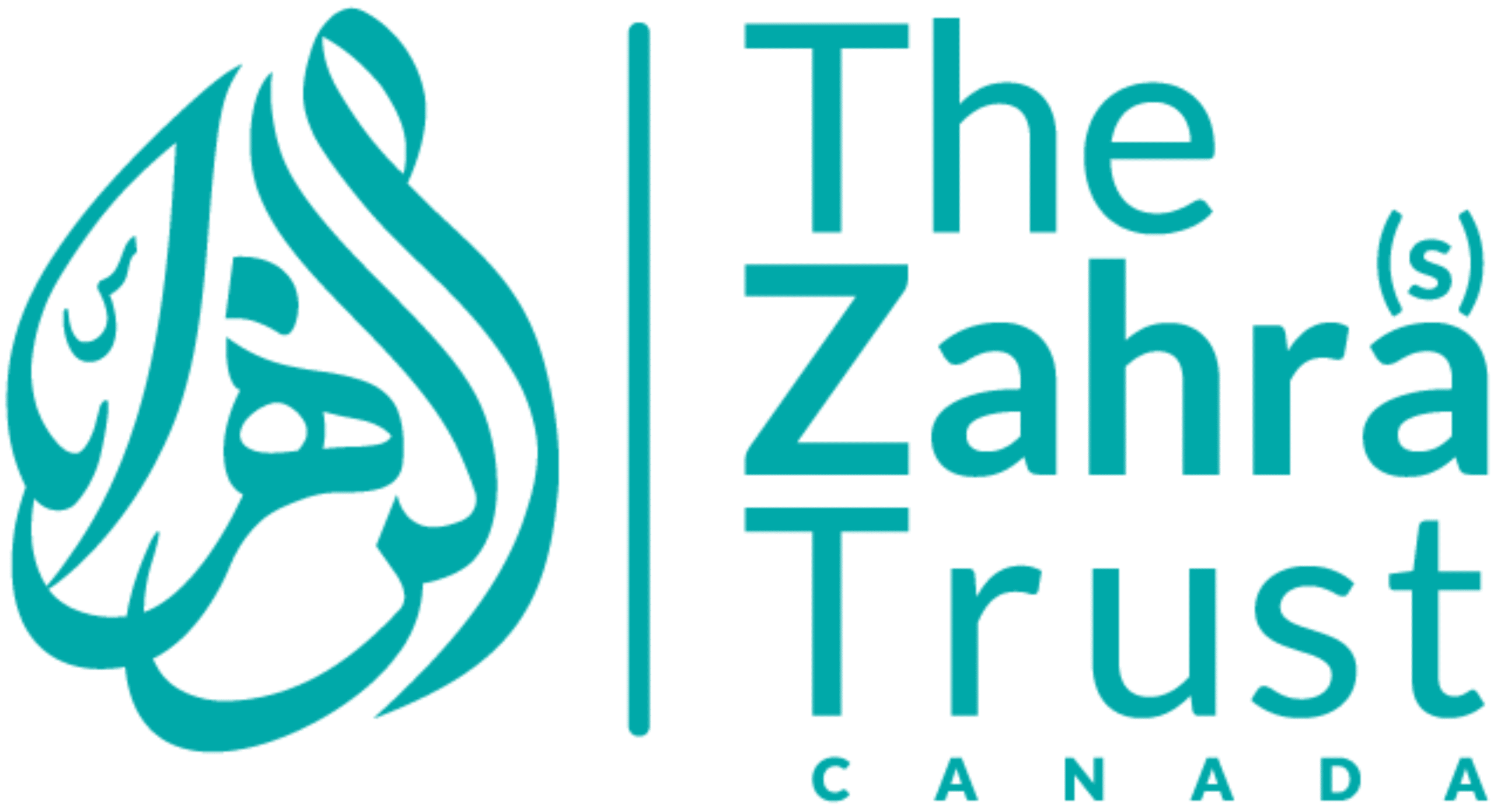

 Donate Now
Donate Now
 Donate
Donate
